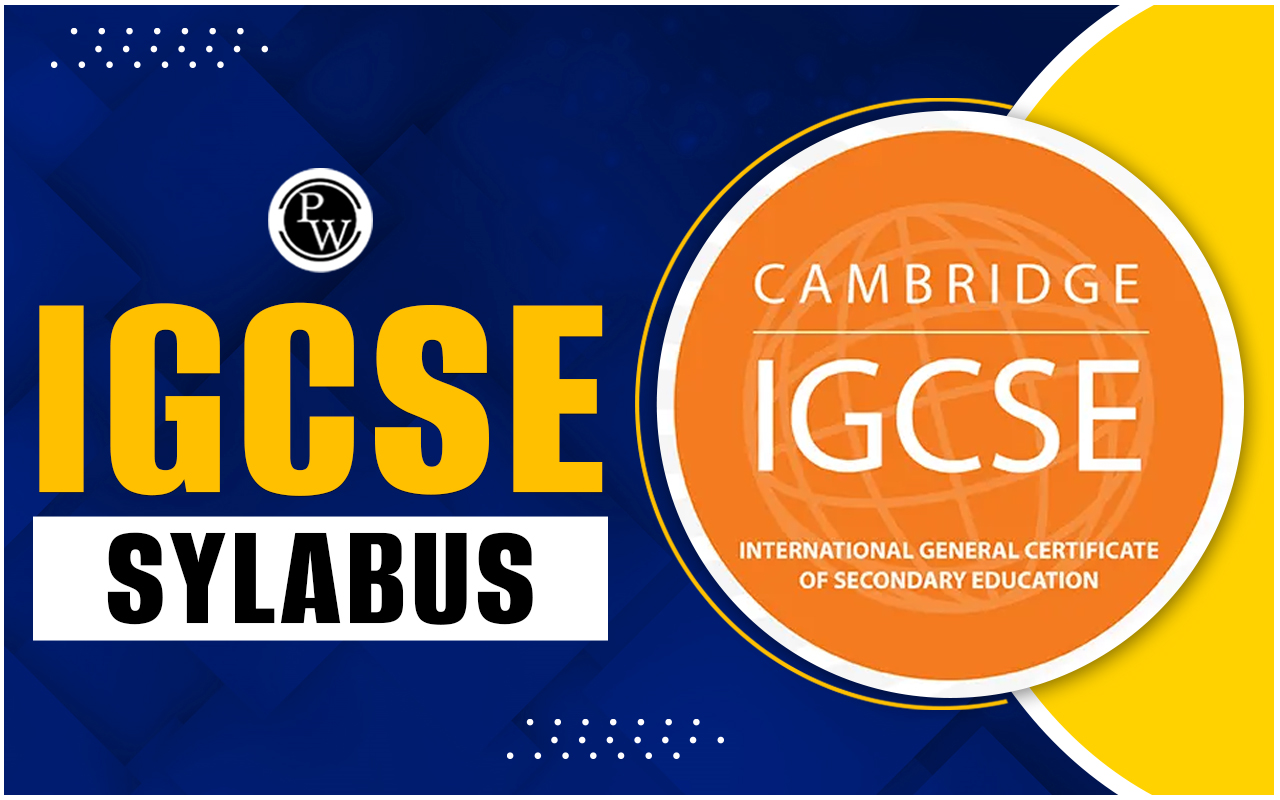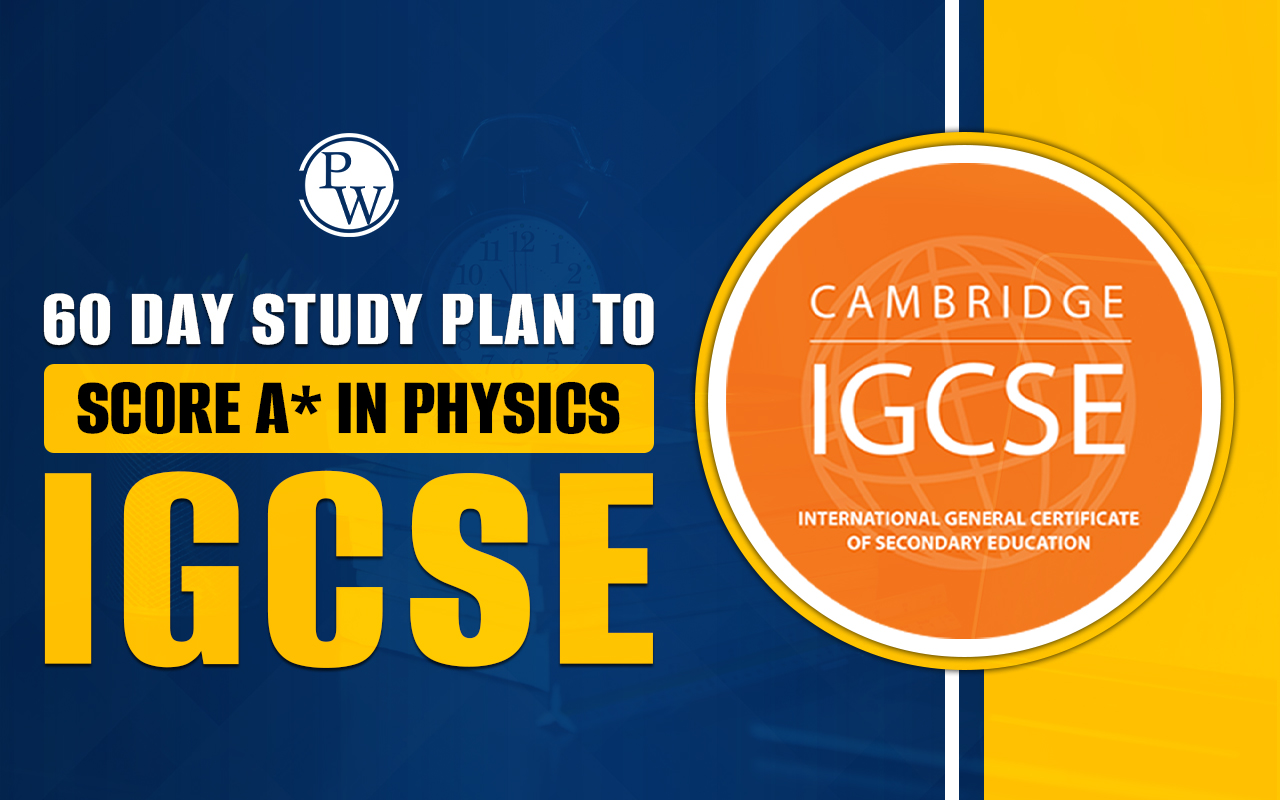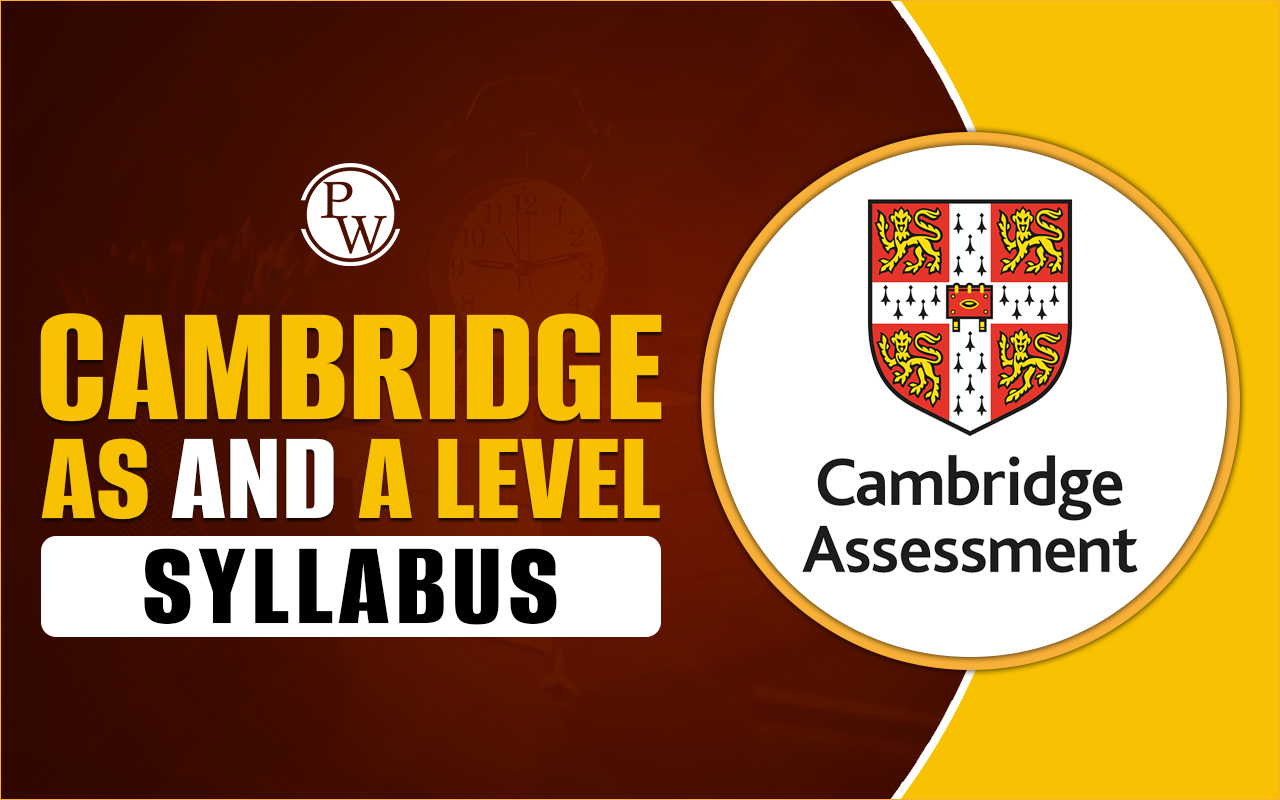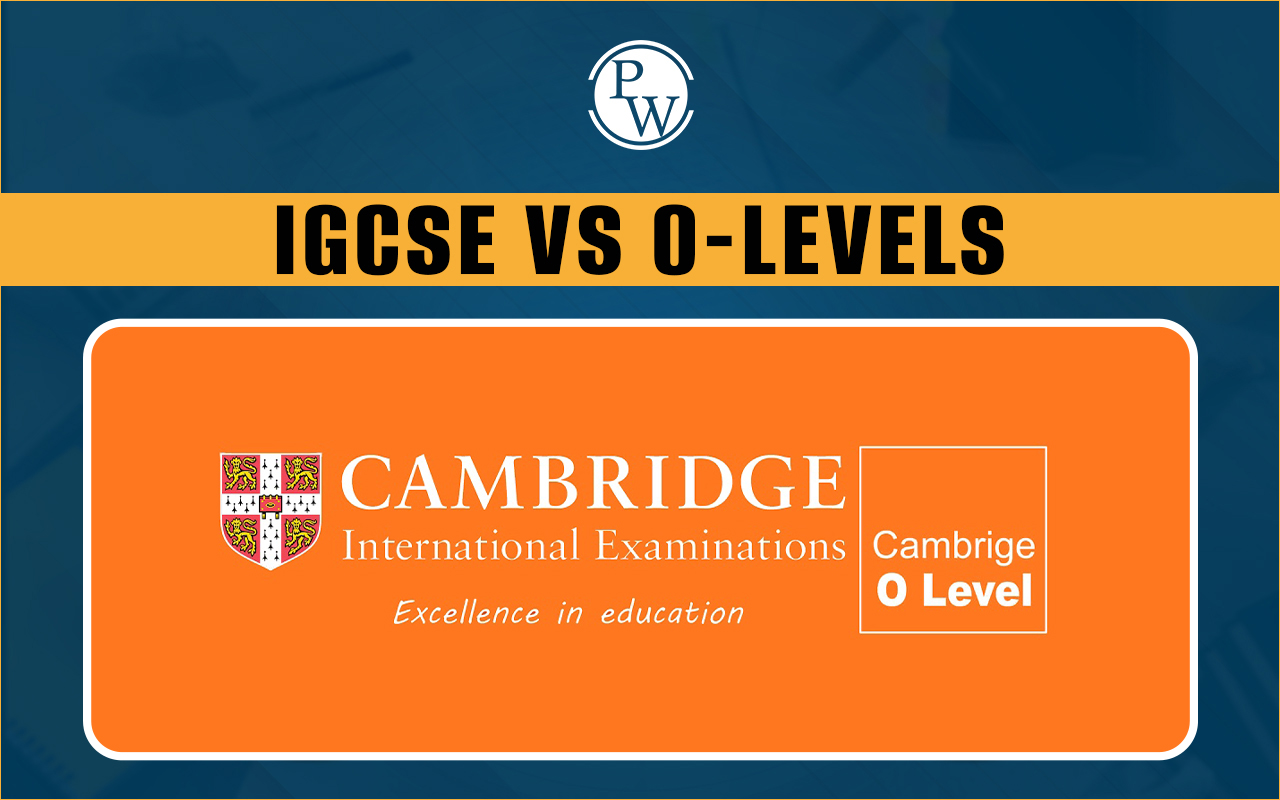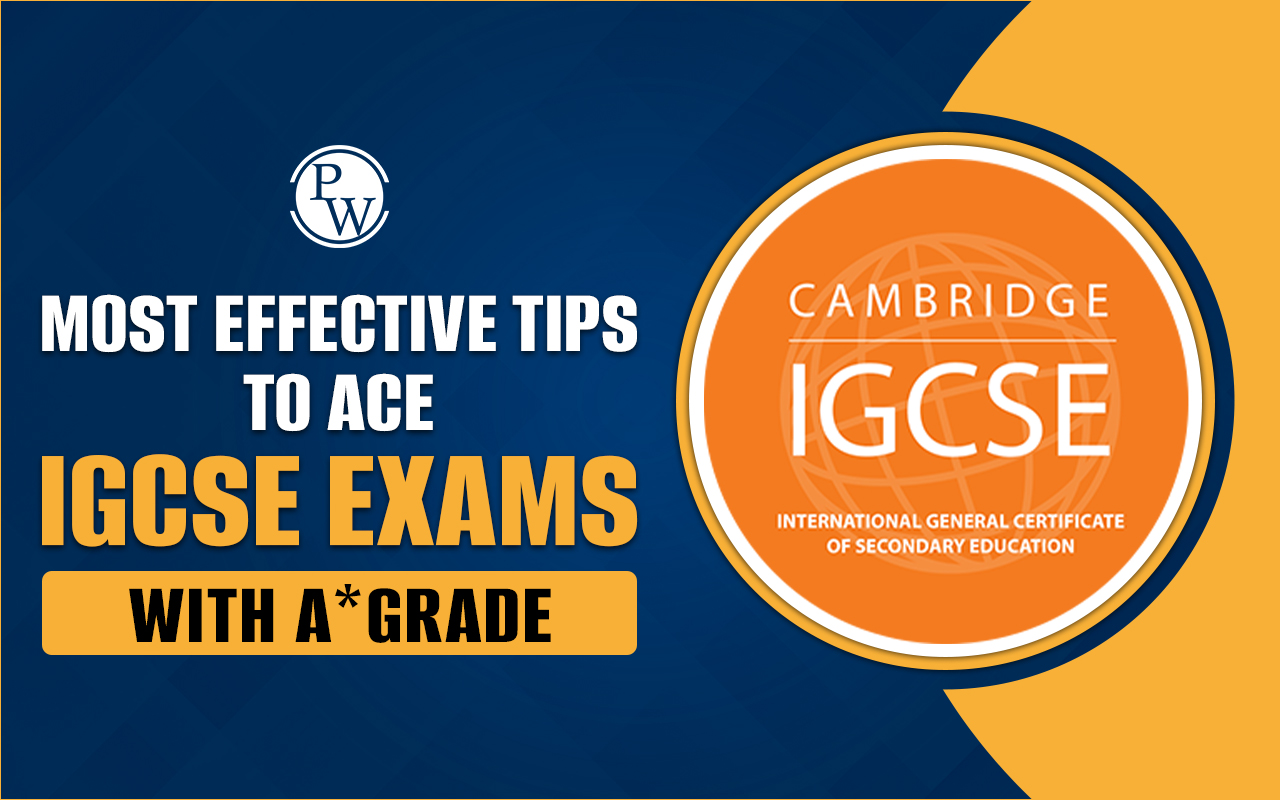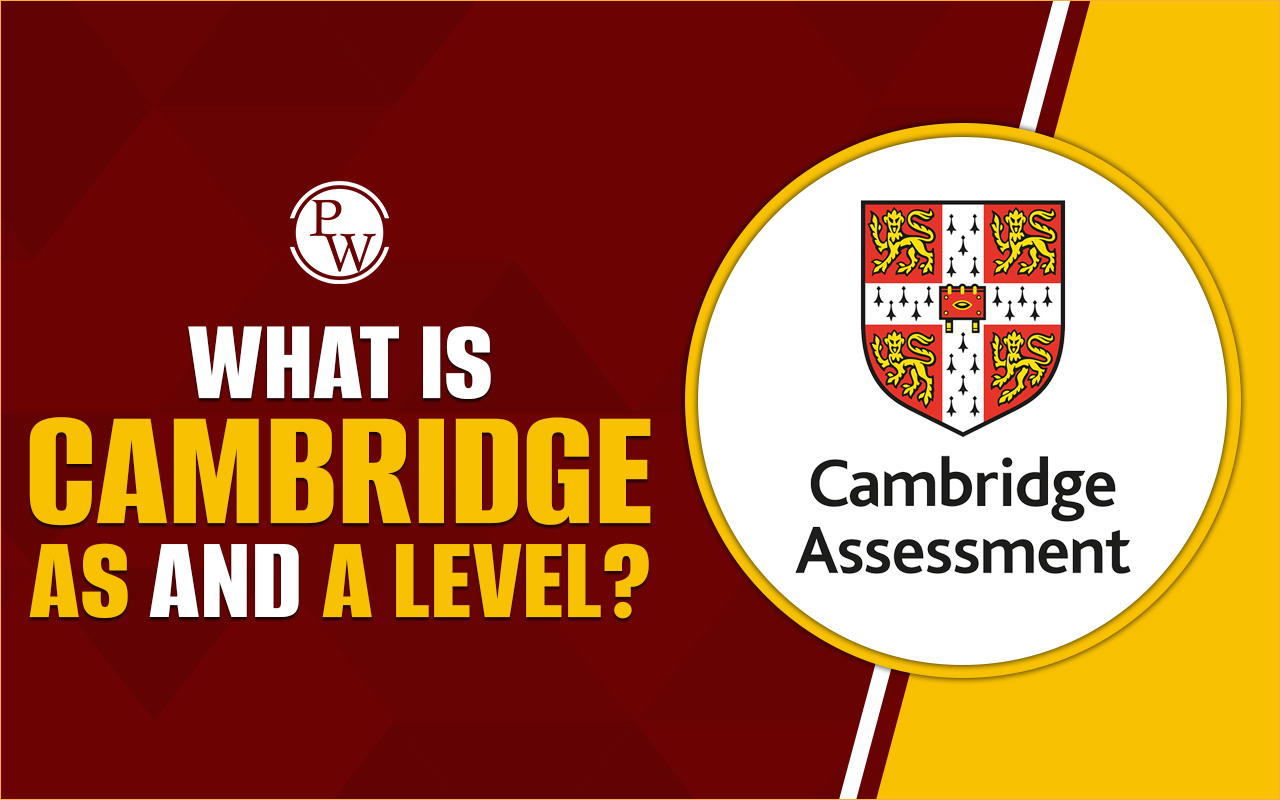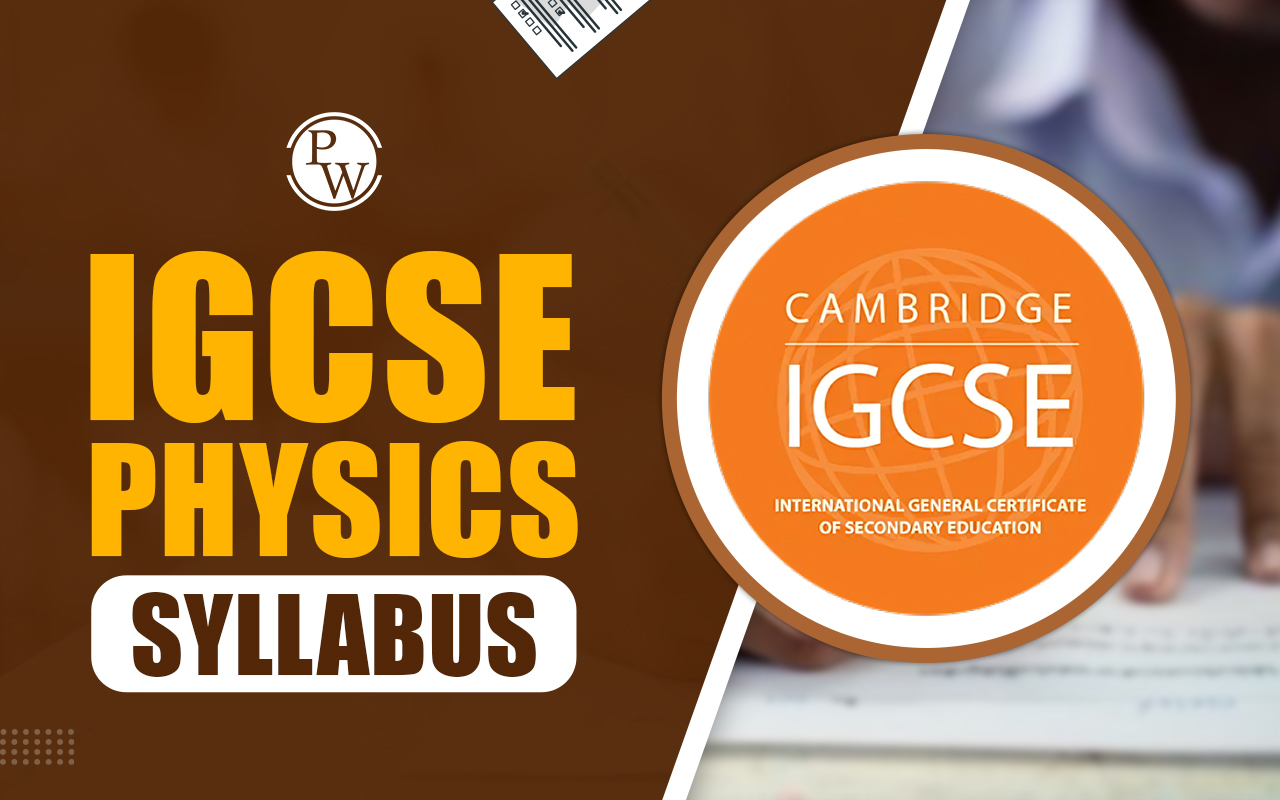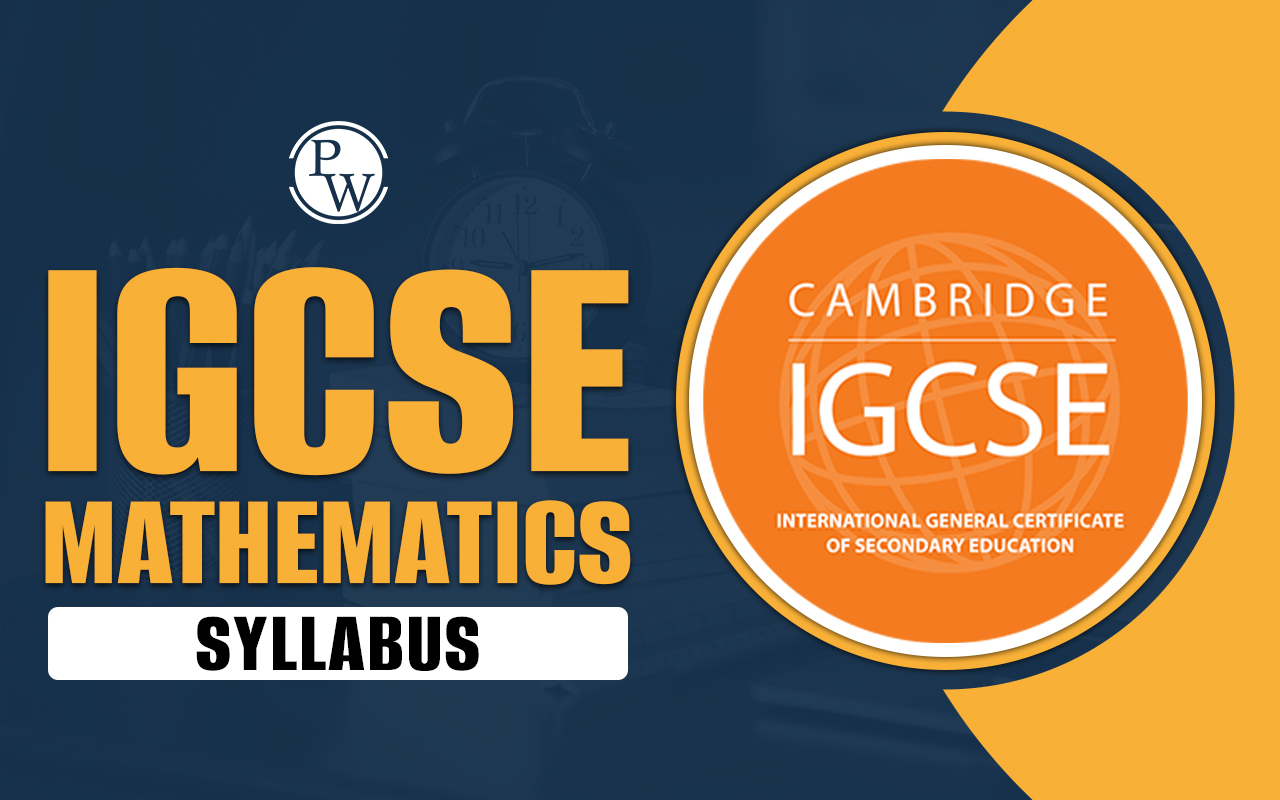
Cambridge AS and A Level Physics Syllabus 2025 provides a detailed roadmap for students aiming to excel in their physics exams. It covers essential topics like mechanics, waves, thermodynamics, and quantum physics, along with practical skills required for experimental work. With exams currently running, it is crucial for students to stay focused and organized in their preparation.
Referring to the Cambridge IGCSE Timetable 2025 can help students plan their studies efficiently and manage their time effectively. This syllabus not only builds a strong foundation in theoretical concepts but also enhances problem-solving and analytical skills. By understanding the syllabus and preparing strategically, students can confidently approach the exams and achieve excellent results.Cambridge AS and A Level Physics Syllabus 2025 Overview
This section gives a clear breakdown of the syllabus, including key topics, practical requirements, and exam structure. Full details are provided below for better understanding.| Cambridge International AS and A Level Physics Syllabus Overview | |
| AS Level Topics | A Level Topics |
| 1. Physical quantities and units | 12. Motion in a circle |
| 2. Kinematics | 13. Gravitational fields |
| 3. Dynamics | 14. Temperature |
| 4. Forces, density, and pressure | 15. Ideal gases |
| 5. Work, energy, and power | 16. Thermodynamics |
| 6. Deformation of solids | 17. Oscillations |
| 7. Waves | 18. Electric fields |
| 8. Superposition | 19. Capacitance |
| 9. Electricity | 20. Magnetic fields |
| 10. D.C. circuits | 21. Alternating currents |
| 11. Particle physics | 22. Quantum physics |
| 23. Nuclear physics | |
| 24. Medical physics | |
| 25. Astronomy and cosmology | |
- AS Level candidates also study practical skills.
- A Level candidates study both AS and A Level practical skills.
Key Changes in OLD and NEW Cambridge AS and A Level Physics syllabus
Explore the major updates between the old and new syllabus, including changes in learning outcomes, assessment focus, and content coverage. Detailed comparisons are outlined below.| Key Changes in OLD and NEW Cambridge AS and A Level Physics Syllabus | |||
| Learning Outcome | Old Syllabus | New Syllabus | Key Changes |
| 3.3.3 | Recall that, for a perfectly elastic collision , the relative speed of approach is equal to the relative speed of separation. | Recall that, for an elastic collision , total kinetic energy is conserved and the relative speed of approach is equal to the relative speed of separation. | Added emphasis on total kinetic energy conservation in elastic collisions. |
| 7.5.2 | Recall and use Malus’s law ( I = I₀ cos²θ ) to calculate the intensity of a plane-polarised electromagnetic wave after transmission through a polarising filter or a series of polarising filters. | Recall and use Malus’s law ( I = I₀ cos²θ ) to calculate the intensity of a plane-polarised wave after transmission through filters ( effect on unpolarised waves not required ). | Clarified that calculations for unpolarised waves are not required . |
| 15.3.4 | Compare pV = ⅓Nm⟨c²⟩ with pV = NkT to deduce that the average translational kinetic energy of a molecule is 3/2 kT . | Compare pV = ⅓Nm⟨c²⟩ with pV = NkT to deduce that the average translational kinetic energy of a molecule is 3/2 kT , and recall and use this expression . | Added requirement to recall and use the expression for kinetic energy. |
| 25.3.1 | Understand that the lines in the emission spectra from distant objects show an increase in wavelength from their known values. | Understand that the lines in the emission and absorption spectra from distant objects show an increase in wavelength from their known values. | Included absorption spectra alongside emission spectra. |
Cambridge AS and A Level Syllabus - Detailed
Cambridge AS and A Level Physics Syllabus 2025 - Assessment Overview
Understand the assessment structure, including paper-wise breakdown, marks distribution, and practical skills evaluation. A detailed overview is provided below to help you prepare effectively.| Cambridge AS and A Level Physics Syllabus - Assessment Overview | |||||
| Paper | Title | Duration | Marks | Description | Weightage |
| Paper 1 | Multiple Choice | 1 hour 15 minutes | 40 | 40 multiple-choice questions based on the AS Level syllabus content. Externally assessed. | 31% of AS Level 15.5% of A Level |
| Paper 2 | AS Level Structured Questions | 1 hour 15 minutes | 60 | Structured questions based on the AS Level syllabus content. Externally assessed. | 46% of AS Level 23% of A Level |
| Paper 3 | Advanced Practical Skills | 2 hours | 40 | Practical work and structured questions testing experimental skills. Questions may go beyond the syllabus. | 23% of AS Level 11.5% of A Level |
| Paper 4 | A Level Structured Questions | 2 hours | 100 | Structured questions based on A Level syllabus content (includes AS Level knowledge). Externally assessed. | 38.5% of A Level |
| Paper 5 | Planning, Analysis, and Evaluation | 1 hour 15 minutes | 30 | Two compulsory questions focusing on planning, analysis, and evaluation of experimental skills. | 11.5% of A Level |
Cambridge AS and A Level Physics Syllabus Official PDF
The Cambridge AS and A Level Physics Syllabus is an essential guide for students and teachers, providing complete details about the course structure, assessments, and practical requirements. It helps students understand what to study and how to prepare effectively for their exams. Teachers can use it to plan lessons and ensure every key area is covered. To stay organized and focused during your preparation, download the official PDF from the link provided below and get started today.Preparation Tips for Cambridge AS and A Level Physics Syllabus 2025
Paper 1: Multiple Choice (AS Level)
Focus on Core Theory : Cover all AS topics thoroughly, like kinematics, forces, energy, waves, and circuits. Questions test basic understanding and application of concepts. Master Formula Application : Know when to use key formulas like v=u+atv = u + atv=u+at, F=ma, and equations for electricity and waves . Practice quick substitutions and calculations. Eliminate Wrong Answers : For tricky questions, use elimination. Cross out options that don’t make sense logically or dimensionally. Work on Speed : Aim for under 1.5 minutes per question . Practice under time constraints to improve decision-making. Spot Common Traps : Pay attention to units (e.g., converting cm to m), powers of 10, and vector directions in motion or forces.Paper 2: AS Level Structured Questions
Show Complete Working : Marks are awarded for steps. Clearly write formulas, substitutions, and answers, ensuring correct units.- Target Key Topics : Practice structured questions on:
- Kinematics : Velocity-time graphs, SUVAT equations.
- Forces and Dynamics : Free-body diagrams, Newton's laws.
- Electricity : Circuit problems, Ohm’s law, resistors in series/parallel.
- Waves : Superposition, interference, and wave calculations.
Paper 3: Advanced Practical Skills (AS Level)
Familiarize Yourself with Equipment : Practice experiments like:- Determining resistances using circuits.
- Investigating oscillations using springs or pendulums.
- Measuring forces, lengths, and uncertainties.
- Plot points accurately with correct scales.
- Calculate gradients and intercepts, clearly showing your work.
- Add error bars and explain their significance when needed.
Paper 4: A Level Structured Questions
Focus on Advanced Topics : Prioritize in-depth understanding of topics like:- Gravitational Fields : Force, potential, and energy calculations.
- Electric and Magnetic Fields : Field strength, capacitance, and flux problems.
- Thermodynamics : Ideal gas laws, kinetic theory, and energy transfer.
- Quantum Physics : Photoelectric effect, energy levels, and wave-particle duality.
Paper 5: Planning, Analysis, and Evaluation
Master Experimental Design : Practice planning experiments, including:- Identifying independent, dependent, and control variables.
- Choosing appropriate apparatus and justifying why it’s suitable.
- Outlining step-by-step procedures for investigations.
- Practice processing raw data into graphs or tables.
- Learn to spot trends, gradients, and relationships from data sets.
| International Boards Other Related Topics | |
| IGCSE Chemistry Syllabus | IGCSE Biology Syllabus |
| How to Choose the Cambridge IGCSE Subjects | Difference Between IGCSE VS ICSE |
| Cambridge Grade Thresholds | Cambridge IGCSE Exams with A* Grade |
Cambridge AS and A Level Physics Syllabus FAQs
What topics are included in the Cambridge AS and A Level Physics syllabus?
The syllabus covers key areas such as mechanics, waves, electricity, thermodynamics, quantum physics, and practical skills. A Level topics build on AS Level content, introducing more advanced concepts.
How can I prepare effectively for the Physics exams?
Start with a clear study plan, focus on understanding core concepts, practice past papers regularly, and strengthen experimental skills. Use the Cambridge IGCSE Timetable 2025 to manage your study time efficiently.
What are the practical requirements for the Physics syllabus?
Students are assessed on their ability to plan experiments, record measurements, analyze data, and evaluate results. Practical skills are tested in Papers 3 and 5.
Are past papers useful for preparing for the exam?
Yes, solving past papers helps you understand the exam format, improve problem-solving speed, and identify key areas where you need improvement. Always review marking schemes for better clarity.
🔥 Trending Blogs
Talk to a counsellorHave doubts? Our support team will be happy to assist you!

Free Learning Resources
PW Books
Notes (Class 10-12)
PW Study Materials
Notes (Class 6-9)
Ncert Solutions
Govt Exams
Class 6th to 12th Online Courses
Govt Job Exams Courses
UPSC Coaching
Defence Exam Coaching
Gate Exam Coaching
Other Exams
Know about Physics Wallah
Physics Wallah is an Indian edtech platform that provides accessible & comprehensive learning experiences to students from Class 6th to postgraduate level. We also provide extensive NCERT solutions, sample paper, NEET, JEE Mains, BITSAT previous year papers & more such resources to students. Physics Wallah also caters to over 3.5 million registered students and over 78 lakh+ Youtube subscribers with 4.8 rating on its app.
We Stand Out because
We provide students with intensive courses with India’s qualified & experienced faculties & mentors. PW strives to make the learning experience comprehensive and accessible for students of all sections of society. We believe in empowering every single student who couldn't dream of a good career in engineering and medical field earlier.
Our Key Focus Areas
Physics Wallah's main focus is to make the learning experience as economical as possible for all students. With our affordable courses like Lakshya, Udaan and Arjuna and many others, we have been able to provide a platform for lakhs of aspirants. From providing Chemistry, Maths, Physics formula to giving e-books of eminent authors like RD Sharma, RS Aggarwal and Lakhmir Singh, PW focuses on every single student's need for preparation.
What Makes Us Different
Physics Wallah strives to develop a comprehensive pedagogical structure for students, where they get a state-of-the-art learning experience with study material and resources. Apart from catering students preparing for JEE Mains and NEET, PW also provides study material for each state board like Uttar Pradesh, Bihar, and others
Copyright © 2026 Physicswallah Limited All rights reserved.

